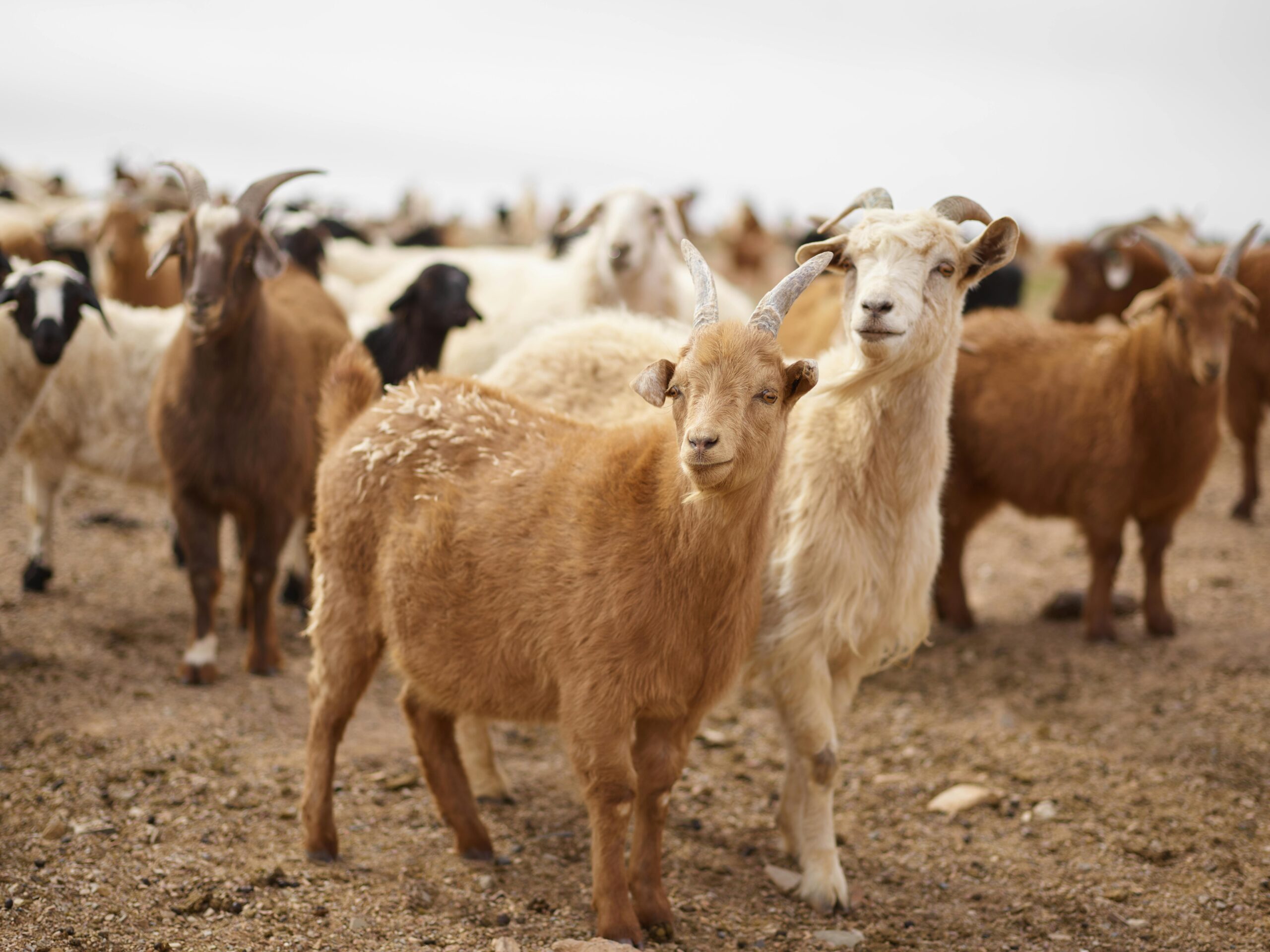In animal husbandry, one of the most critical factors influencing livestock productivity is nutrition. Just as a well-balanced diet is essential for human health, providing the right nutrition for animals is paramount for their growth, reproduction, and overall well-being.
This blog post will explore the importance of nutrition in livestock productivity, delve into the best diets for different animals, and offer practical feeding practices to ensure your livestock thrives.
The Importance of Nutrition in Animal Husbandry
Nutrition is the foundation of successful animal husbandry. Proper nutrition enhances the health and productivity of livestock, reducing the incidence of diseases, improving growth rates, and increasing reproductive efficiency. It ensures that animals have the energy and nutrients they need for daily activities, growth, and reproduction. Furthermore, well-nourished animals are more resilient to stress and diseases, leading to lower veterinary costs and improved farm profitability.
Nutritional Needs of Different Livestock
Different animals have unique nutritional requirements. Understanding these needs is crucial for formulating diets that promote optimal health and productivity.

1. Cattle
Cattle, whether beef or dairy, require a diet rich in energy, protein, vitamins, and minerals. Forage, such as grass and hay, should be the foundation of their diet, providing fiber essential for rumen health. Supplemental grains like corn, barley, and soybean meal can supply additional energy and protein. Minerals such as calcium, phosphorus, and magnesium are crucial for bone development and metabolic functions. Additionally, vitamins A, D, and E are vital for overall health and reproductive performance.
2. Sheep
Sheep thrive on a diet primarily composed of forage. High-quality pasture and hay should be the mainstay, supplemented with grains and protein sources when necessary. Protein requirements increase during late pregnancy and lactation, making legume hay (like alfalfa) an excellent choice. Minerals like calcium and phosphorus, along with trace elements such as selenium and copper, are vital for growth and reproduction. However, sheep are particularly sensitive to copper toxicity, so it’s essential to monitor their mineral intake carefully.
3. Goats
Goats are natural browsers, preferring to eat a variety of plants, including shrubs and weeds. Their diet should include ample forage, complemented by grains and protein sources during periods of increased nutritional demand, such as gestation and lactation. Minerals like calcium and phosphorus, along with trace minerals like zinc and selenium, support healthy growth and reproduction. Vitamin supplementation, particularly vitamin E, can enhance immune function and reproductive performance.

4. Poultry
Poultry, including chickens, turkeys, and ducks, require a balanced diet rich in energy, protein, vitamins, and minerals. Commercial poultry feeds are formulated to meet these needs, containing a mix of grains, protein meals, and vitamin-mineral supplements. Calcium is particularly important for laying hens to produce strong eggshells. Additionally, vitamins A, D, and E, along with trace minerals like manganese and selenium, are crucial for growth, reproduction, and overall health.
Best Feeding Practices for Maximizing Productivity
To maximize livestock productivity, consider the following feeding practices:

1. Provide High-Quality Forage
High-quality forage should be the cornerstone of livestock diets. Ensure pastures are well-managed and hay is stored correctly to maintain its nutritional value. Forage testing can help determine nutrient content and identify any deficiencies.
2. Balance Rations
Balancing rations involves ensuring that diets meet the nutritional needs of livestock based on their age, weight, and production stage. Use ration formulation software or consult with a livestock nutritionist to create balanced diets that optimize growth, reproduction, and overall health.
3. Monitor Body Condition
Regularly assess the body condition of your livestock to ensure they are receiving adequate nutrition. Adjust feeding practices as needed to maintain optimal body condition scores, which vary by species and production goals.
4. Provide Clean Water
Access to clean, fresh water is essential for all livestock. Water quality can significantly impact feed intake and overall health. Ensure water sources are clean and regularly maintained.
5. Use Supplements Wisely
Supplements, including minerals and vitamins, can help address specific nutritional deficiencies. Use supplements judiciously and based on forage testing results. Over-supplementation can be wasteful and potentially harmful.
6. Monitor Feed Intake
Regularly monitor feed intake to ensure animals are consuming adequate amounts. Sudden changes in feed intake can indicate health issues or problems with the feed itself.

Common Nutritional Mistakes and How to Avoid Them
While providing proper nutrition is crucial, it’s equally important to avoid common mistakes that can negatively impact livestock productivity:
1. Overfeeding or Underfeeding
Overfeeding can lead to obesity and associated health problems, while underfeeding can cause malnutrition and poor productivity. Regularly monitor body condition and adjust rations accordingly.
2. Ignoring Mineral Imbalances
Mineral imbalances, such as too much copper in sheep diets, can cause toxicity and health issues. Conduct forage tests and use mineral supplements that match your livestock’s needs.
3. Poor Feed Storage
Improper storage can degrade the nutritional quality of feed. Store feed in dry, cool, and clean conditions to prevent spoilage and contamination.
Conclusion: Optimizing Diets for Healthier, More Productive Livestock
Nutrition plays a pivotal role in livestock productivity. By understanding the specific nutritional needs of different animals and implementing best feeding practices, you can ensure your livestock remains healthy, productive, and resilient. Regularly monitor body condition, balance rations, and provide high-quality forage and clean water. Avoid common nutritional mistakes to maintain optimal health and productivity. With proper nutrition, your livestock will thrive, leading to a more successful and profitable animal husbandry business.












